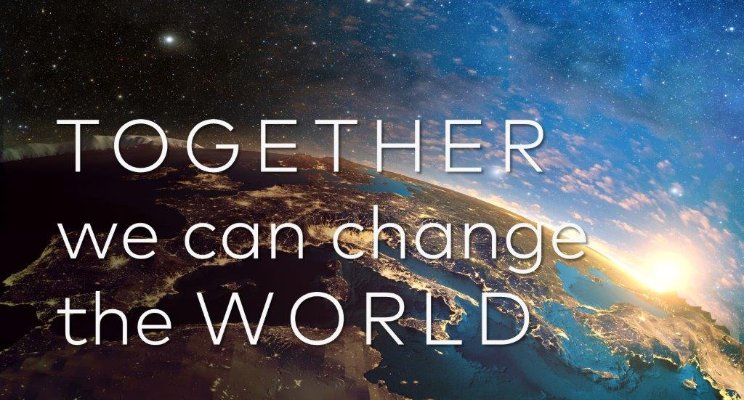Guest post by Timothy Murphy
General Counsel and Chief Franchise Officer
MasterCard
Originally published on LinkedIn on September 25, 2017
Want to change the world? Allow the private sector to do what it does best.
For the past week, the world has watched as heads of state and global business leaders convened in New York City for the 72nd United Nations General Assembly. The agenda was far from light. Topics ranged from food security to climate change to the refugee crisis to healthcare. The task at hand – achieving the 17 UN Sustainable Development Goals (SDGs) by 2030 – is a daunting one and it’s become widely understood that the private sector has a critical role to play in ensuring those goals are reached.
But the public and private sectors are also beginning to recognize that philanthropic dollars alone will not get us there. More and more corporate philanthropy is being viewed as a catalyst for action that connects back to longer-term business objectives.
This principle of doing well and doing good is not new, but it’s especially important for the private sector, maybe now more than ever. At Mastercard, we don’t see the two concepts as mutually exclusive. Rather, we believe companies can deliver on their business objectives and have a positive impact on the world around them. In fact, it’s a must to do both.
Last week at UNGA, my colleagues and I were at the forefront driving conversations to help accelerate progress around these problems which threaten to overwhelm our society. We announced a partnership with PEPFAR to use technology to help fight HIV/AIDS, we led discussions on the future of the workforce, gender equality, and humanitarian finance, and our CEO Ajay Banga spoke about the need to align core capabilities with the SDGs.
Throughout these discussions, we had a common refrain: engage the private sector to do what it does best. When this expertise is applied to societal challenges, we are able to do so much more to improve the lives of those who suffer most.
For Mastercard, this means using our technology, data, expertise and investments to build successful business models. When we take this approach with our partners, we can build high-impact solutions that are scalable for them and sustainable for us. For example, we have helped make it faster, safer and more efficient for NGOs to deliver humanitarian aid through the products like the Mastercard Aid Network and Mastercard Send. And we developed 2Kuze, a mobile marketplace that addresses the needs of small farmers by providing a way for them to efficiently and transparently run their businesses.
We know this strategy works and that’s one of the reasons we signed onto the United Nations Global Compact, which calls on companies to align their strategies with societal goals. As the first company in the payments industry to sign onto the Global Compact, we see this as an integral step in our efforts to do well as a company and do good for society.
Our commitments didn’t stop there. We also joined Business Call to Action (BCtA), which challenges companies to develop inclusive business models to reach the billions of people trapped in poverty. We are already more than half-way to our goal of connecting 500 million people to financial services by 2020 and reaching 40 million micro- and small merchants by 2022.
It’s great progress, but there’s still much work to be done. I read the other day that there are less than 5,000 days until December 31, 2030 – the UN’s deadline for achieving the SDGs. To some that may seem like a long time, to others not so much. At Mastercard, we see it as 5,000 opportunities to come to work and say, “What can we do to help change the world today?” Our CEO calls it bringing your heart and mind to work. It’s important because these issues impact us all and we all have a role to play in solving them. So, how can we work with your organization to help change the world today? Every little bit counts.
Read the original post on LinkedIn here.


